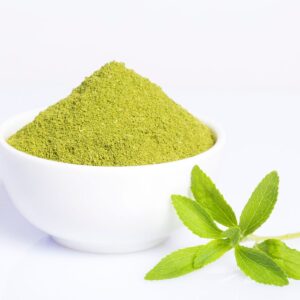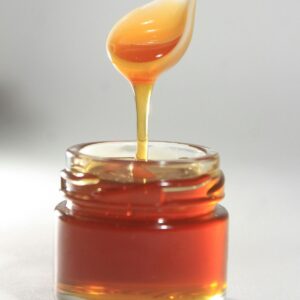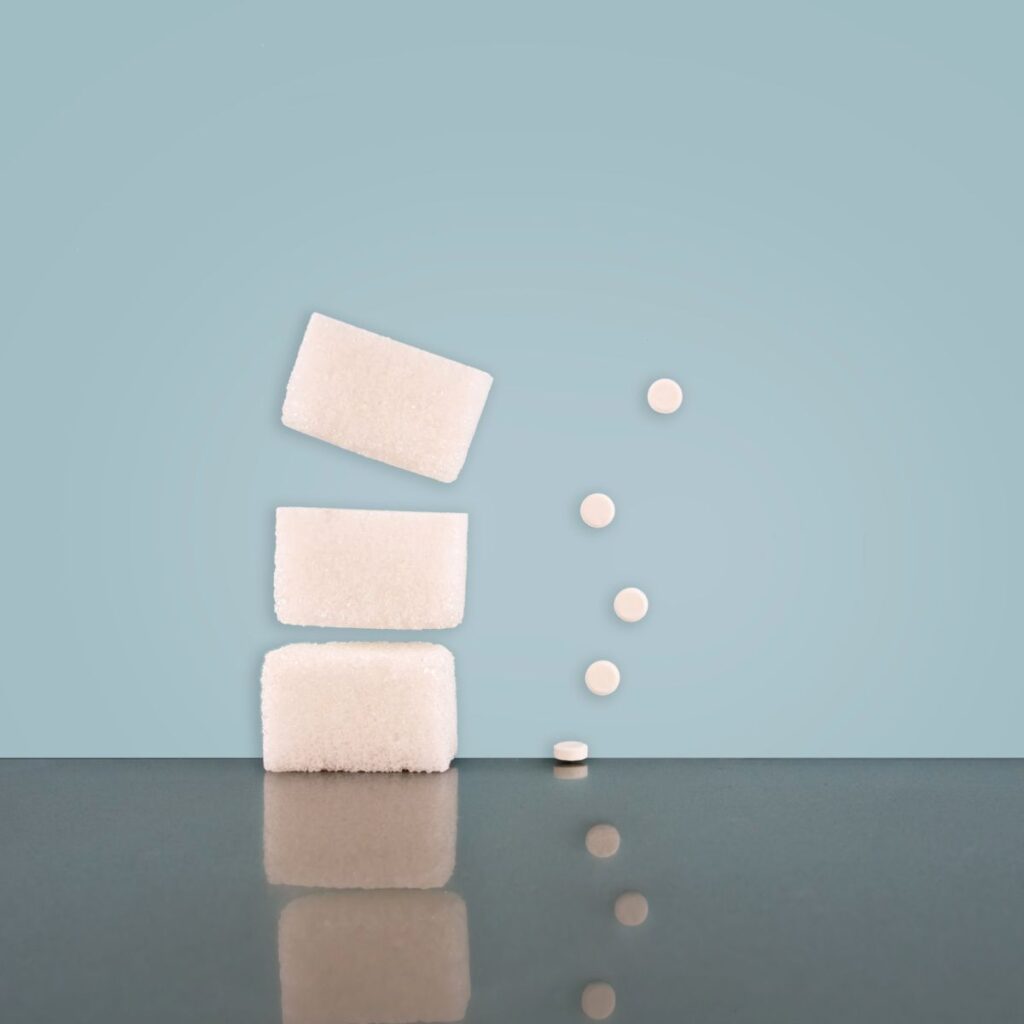Blog
Healthy Alternatives to White Sugar That Curb Your Sweet Cravings
Excessive consumption of white sugar is associated with numerous health issues, ranging from metabolic disorders to chronic inflammation and insulin resistance. As awareness grows about the harmful effects of refined sugar, the need has increased for safer alternatives that offer sweetness without the negative health impacts.
Whether natural or artificial, sugar substitutes have become a key part of a modern healthy lifestyle. This article explores the most popular alternatives, focusing on their characteristics, effects on the body, and safe usage—while helping you distinguish truly healthy options from those that might seem safe but come with hidden risks.
Why Do We Need Alternatives to White Sugar?
Refined white sugar is one of the most problematic dietary ingredients linked to chronic diseases such as:

- Obesity and insulin resistance
- Type 2 diabetes
- Chronic inflammation and leaky gut
- Tooth decay
- Mood and concentration disorders
Moreover, overconsumption depletes vital minerals like magnesium and fuels harmful bacteria and fungi, or candida, in the gut.
This rising concern has led to the search for healthier sugar alternatives—natural or artificial—that reduce harm without giving up the sweet taste we enjoy.
Part 1: Natural Sugar Alternatives
Natural sugar substitutes are derived from plants or fruits. They typically contain fewer calories, and some offer additional health benefits. Here are the top options:
1. Stevia

A natural plant used for centuries to sweeten drinks. Its green leaves offer sweetness far stronger than sugar. However, it’s important to choose the natural form (green leaf or pure green stevia powder) and avoid the white refined versions that may contain additives like dextrose.
Stevia doesn’t raise blood sugar or insulin, making it an excellent choice for tea, coffee, or low-carb diets.
2. Monk Fruit
Its sweetness comes from a compound called mogroside. It has zero calories and sugars, and doesn’t spike blood sugar or insulin. Research shows it may reduce cholesterol and triglycerides, protect the kidneys, and lower heart disease risk.
A great option for people with diabetes who want a mild taste without an aftertaste.
3. Erythritol
A natural sugar alcohol that doesn’t raise blood sugar and has very low calories. Widely used in commercial low-carb sweeteners.
Ideal for those following keto or low-carb diets.
4. Xylitol
Helps fight tooth decay and has a low glycemic index. However, it still contains some calories. Overuse may cause bloating or diarrhea.
5. Allulose
A rare natural sugar found in small amounts in certain fruits. Tastes and looks like white sugar, doesn’t raise blood sugar, and may reduce insulin levels.
Interestingly, it can stimulate satiety hormones, aiding in weight loss. High doses might cause mild digestive issues like bloating or diarrhea.

6. Coconut Sugar
Although natural and rich in minerals like potassium and iron, its composition is quite similar to regular sugar. Best used in moderation—no more than two teaspoons a day.
7. Dates, Honey, and Maple Syrup
These are natural sugars that offer some nutrients and antioxidants, but they are still sugar. Best consumed sparingly, especially for people with insulin resistance or diabetes.
Part 2: Artificial Sweeteners—Not All Are Safe!
Artificial sweeteners like aspartame, saccharin, and sucralose are common, but recent research shows they may cause:
- Gut microbiome imbalances
- Increased insulin resistance over time
- Headaches, anxiety, or depression in some individuals
- Higher risk of fatty liver disease

Aspartame in particular is among the worst offenders, linked to various neurological and digestive symptoms.
If you’re looking for the best sugar substitute for diabetes or weight loss, it’s safer to opt for natural options with minimal impact on blood sugar, such as monk fruit or erythritol.
Can You Quit Sugar Without Feeling Miserable?
Cutting back on sugar may feel difficult at first, but your body adapts quickly if you follow smart dietary steps:
- Reduce gradually.
- Add healthy fats like olive oil and avocado
- Focus on protein and non-starchy vegetables
- Reduce stress and get quality sleep
- Replace sugar in your drinks with Stevia or monk fruit.
Within just 7 days, you’ll likely notice a significant drop in sugar cravings.
Conclusion
Choosing healthy alternatives to white sugar isn’t just about reducing calories—it’s about minimizing the metabolic damage caused by refined sugar.
The best sugar substitutes are those that:
- Don’t rapidly raise blood sugar
- Support gut health
- Avoid harmful synthetic ingredients
Still, even natural sweeteners should be used in moderation. Aim to stay under 2–3 tablespoons daily to maintain metabolic health.
If you’re ready to take control of your health and reverse conditions like high blood pressure, obesity, and insulin resistance,
Follow the link below and subscribe to Dr. Fajer’s Complete Metabolic Healing Protocol—a step-by-step plan to restore your metabolic health from the root:
If you want to see more details about sugar alternatives and how to choose the best one, according to Dr. Fajer, watch her full video on her YouTube channel:

